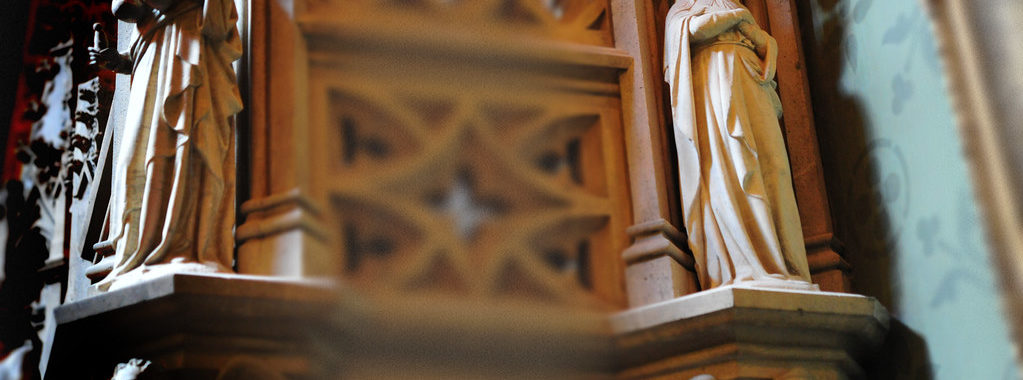“Law, Justice, Mercy, and Forgiveness from a Catholic Perspective” by Robert Fastiggi
Photo by James Coleman on Unsplash (License) This article is part of our “Religious Reflections on Forgiveness in Law” series.If you’d like to check out other articles in this series, click here. From a Catholic perspective, law, justice, mercy, and forgiveness ultimately converge in God, who is the ultimate source of law and combines justice, mercy, and forgiveness in…







